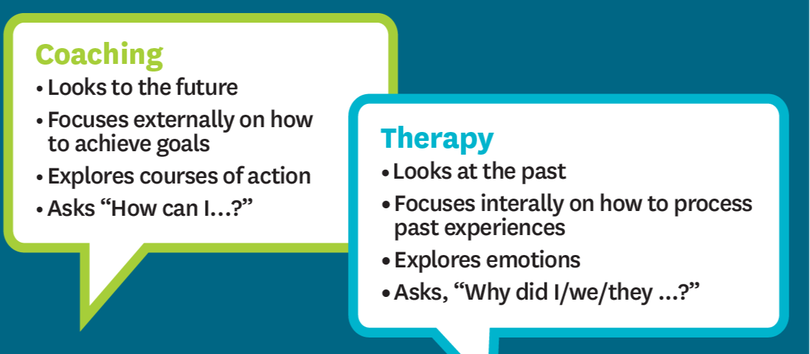Rita ThompsonNational Board and Mayo Clinic-Certified Health and Wellness Coach Chronic illness often requires lifestyle and behavior change, which is why Health and Wellness Coaching can be a helpful tool for people with chronic illness.
People with chronic illness often have a lot to manage between doctor’s appointments, movement practices, sleep hygiene modifications, and new dietary practices. How can Health and Wellness Coaching support people with chronic illness? Health and Wellness Coaching can help people with chronic illness to feel more confident in how they can implement a personal wellness plan using science-backed, behavior-driven lifestyle modification practices. Health and Wellness Coaching is about coaching the individual, and not the illness itself. Health coaches do not give advice, prescribe a plan, or tell their clients what to do. The focus is not on disease treatment but rather, on improving one’s quality of life with whatever their given health circumstances are.
0 Comments
Rita Thompson, NBC-HWCNational Board and Mayo Clinic-certified Health and Wellness Coach One common question I get is--How is coaching different from psychotherapy?
The biggest difference between Health and Wellness Coaching and psychotherapy is that coaching is forward-looking. While emotions and past experiences inevitably show up during coaching sessions, in coaching we do not take a magnifying glass to past experiences (like childhood), and delve into them like you might in therapy. With coaching, we take stock of where you are now and where you need or want to be in your life, health, and well-being. Once clear on your vision, we strategize how you could potentially get there through realistic goal-setting and habit-building. Health and Wellness coaching is not a replacement for mental health support, although they can be a great pairing. Rita ThompsonNBC-HWC, Mayo Clinic-certified Health and Wellness Coach 1. A therapist- Health and Wellness coaching work is forward-looking. While emotions may arise, Health and Wellness coaches do not dissect past experiences for psychoanalysis. In some cases coaches may refer clients to mental health support if there are emotional complexities beyond our scope of practice.
2. Problem-Solver - Clients are their own expert, meaning they decide the rate at which changes are made and the circumstances that surround those changes. When small attainable changes are made, a client gains self-efficacy and goals become larger with high levels of compliance. Occasionally, a Health and Wellness coach may reference clients to other practitioners (acupuncturists, local gyms, nutritionists, etc.) if the client explicitly states their interest. 3. Nutritionist-Health and Wellness coaches cover a wider range of health and wellness than only healthy eating (although that is one common aspect of client’s work). 4. Personal trainer- This is in the format of either in person, video chat, or phone call. No physical engagement is required. Rita ThompsonNBC-HWC, Mayo Clinic-certified Health and Wellness Coach Health and Wellness coaching is a client-centered process which facilitates and empowers the client to achieve self-determined goals related to health and wellness. It is a collaborative relationship that mirrors that of a guidance counselor/student relationship.
Health and Wellness coaches identify what the client’s personal values and motivating factors are. This allows the client to specify why the behavior changes around their health and wellness are beneficial. Clients are therefore more likely to be compliant with behavioral changes long-term because of the meaning attached. For example, if a client is told they need to eat healthier because they are overweight, that alone may not be motivating enough for behavioral change. However, if we connect the behavior of healthier eating to something personally motivating like more energy to play with grandchildren, the client is more likely to be compliant because of the meaning attached. The Mayo Clinic’s Health and Wellness coach program trains coaches to use Positive Psychology and Motivational Interviewing to engage with clients. My goal as a coach is to help the client to build self-efficacy through small goal setting that ultimately prepares them with a skill set to continually evolve in their health and wellness. |






